Soon you will be going on holiday to the Netherlands. We would like to send you well-prepared, so we have listed some useful information for you. We wish you an enjoyable holiday in the country of tulips, windmills and wooden shoes!
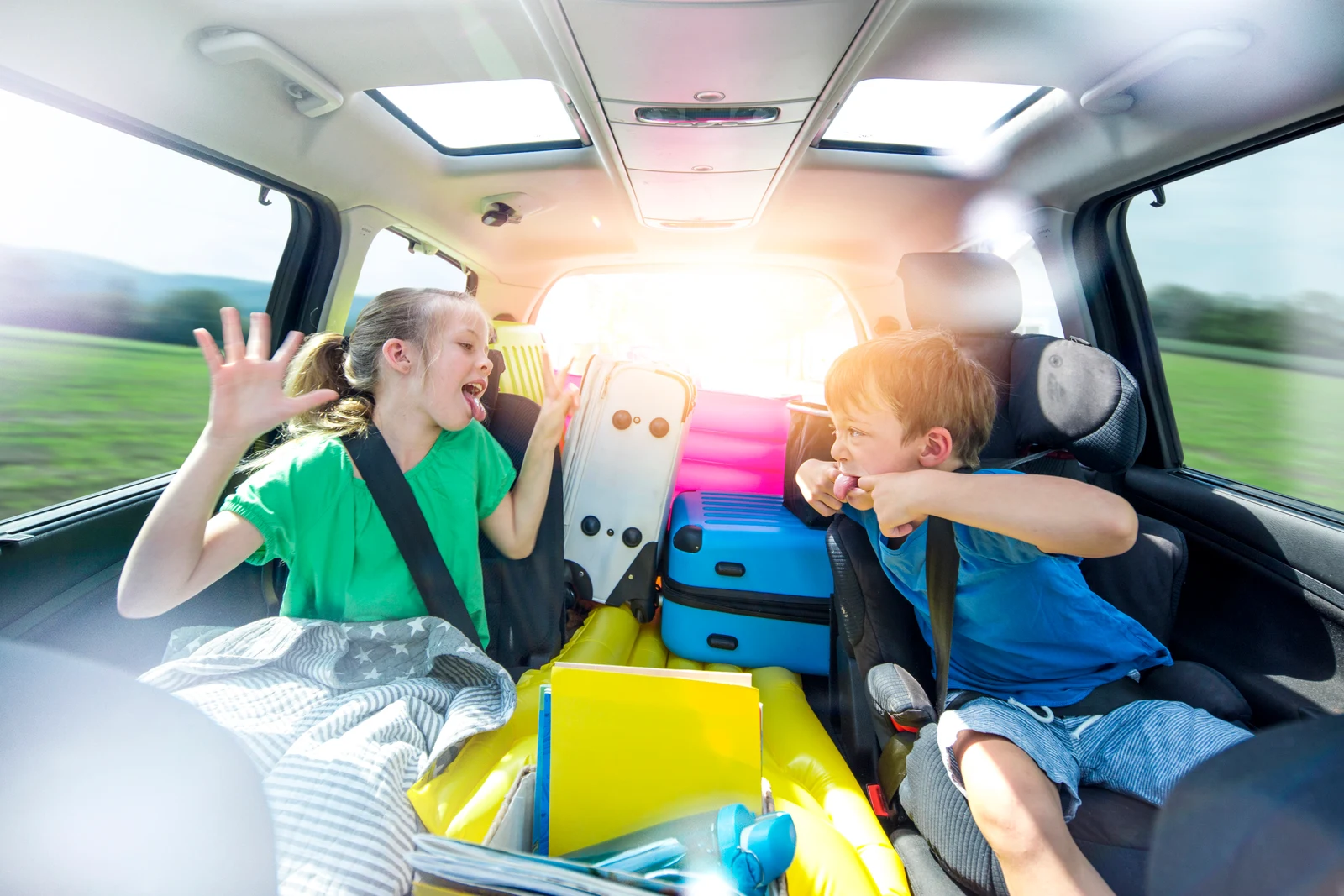
Tolls, environment sticker, refuelling
In the Netherlands, you don't pay tolls, except for a few tunnels.
Fifteen Dutch municipalities have low-emission zones. Vehicles using a fuel other than diesel are allowed in all low-emission zones. Diesel passenger cars and vans with an emissions standard of 3 or higher are allowed in the yellow zone. Diesel passenger cars and vans with an emissions standard of 4 or higher are allowed in the green zone.
The speed limit on motorways is 130 km/h, and 100 km/h on highways. Outside city limits it is 80 km/h, inside city limits 50 km/h.
Current fuel prices: https://nl.fuelo.net/?lang=en
Fuelling on the motorway is always a lot more expensive than along ordinary roads.
The Netherlands has an extensive network of charging points for electric cars. Charging points along the way can be found on this route planner: https://abetterrouteplanner.com/
It is compulsory to have a warning triangle, spare lamps, and a safety vest in all vehicles.
Are you going by plane and renting a car? The Irish driving license is valid in the Netherlands, The driver must often be at least 21 years old. Only a credit card (with PIN) in the name of the main driver can be used to rent a car.
Black Saturday is the day of the year when road traffic is most dense due to the many departures on holiday. 2024 is on July 20 and 27 and Aug. 3 and 10.
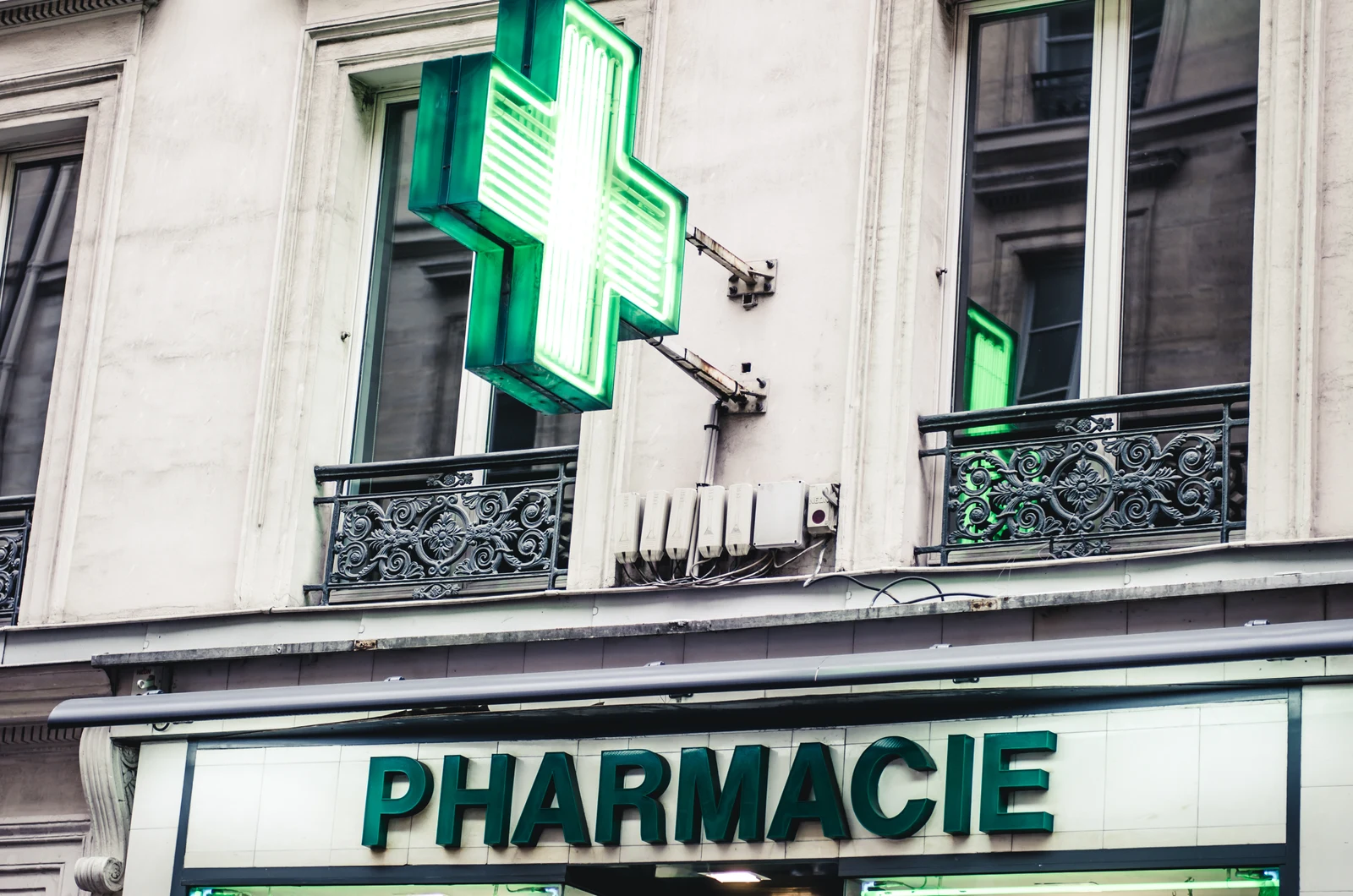
Carefree holiday
Dutch healthcare is of good quality. First aid is guaranteed for everyone and is provided in hospitals and some health centres. In the Netherlands, prescibed medicines are bought from pharmacies. You will recognise these by the green cross. Self-car medication can also be bought from the drugstore, from which Kruidvat and DA are the best known.
The European Health Insurance Card (EHIC) entitles you to necessary medical care in case of illness or accident during a temporary stay in the Netherlands. Often it is not necessary to advance healthcare costs yourself. You will find the personal EHIC on the back of your health insurance card or in their app.
In case of hospitalisation or when medical-specialist care is needed, it is best to contact your insurance company directly.
No COVID-19 measures currently apply in the Netherlands. There is also no need to get vaccinations.

Fijne vakantie!
Google translate will of course get you a long way, but it is also nice to know some phrases. We will help you get started:
| Hello | Hallo |
| Goodbye | Dag / Tot ziens |
| Yes / No | Ja/Nee |
| Please | Alstublieft |
| Thank you | Dank u wel |
| Sorry | Pardon |
| What is your name? | Hoe heet u? |
| What is your name | Ik heet/Mijn naam is... |
| I do not speak Dutch | Ik spreek geen Nederlands |
| I don't understand | Ik begrijp het niet |
| What time is it? | Hoe laat is het |
| How much does that cost? | Wat kost dat? |
| Where is the restaurant/bar? | Waar is het restaurant/de bar |
| Where is the nearest bank? | Waar is de dichtstbijzijnde bank? |
| Where is the swimming pool ? | Waar is het zwembad? |
| Do you accept credit cards? | Accepteert u creditcards? |
| Left | Links |
| Right | Rechts |
| Stop! | Stop! |
| Straight ahead | Rechtdoor |
| Can I see the menu? | Mag ik het menu zien? |
| I would like a beer/glass of white wine/glass of red wine | Ik wil graag een biertje/glas witte wijn/glas rode wijn |
| Cheers / Sláinte! | Proost! |
| Can I have the bill please | Mag ik de rekening alstubieft? |
| Where is the toliet? | Waar is het toilet? |
| Where is the hospital? | Waar is het ziekenhuis? |
| Where is the pharmacy? | Waar is de apotheek? |
| Where can i find a dentist? | Waar is de tandarts? |
In the Netherlands, as in Ireland, you pay with the euro. The price level is about the same or a bit less than in Ireland. You can pay with your normal debit or credit card almost everywhere. Please note that withdrawing money with a credit card is usually not free of charge.
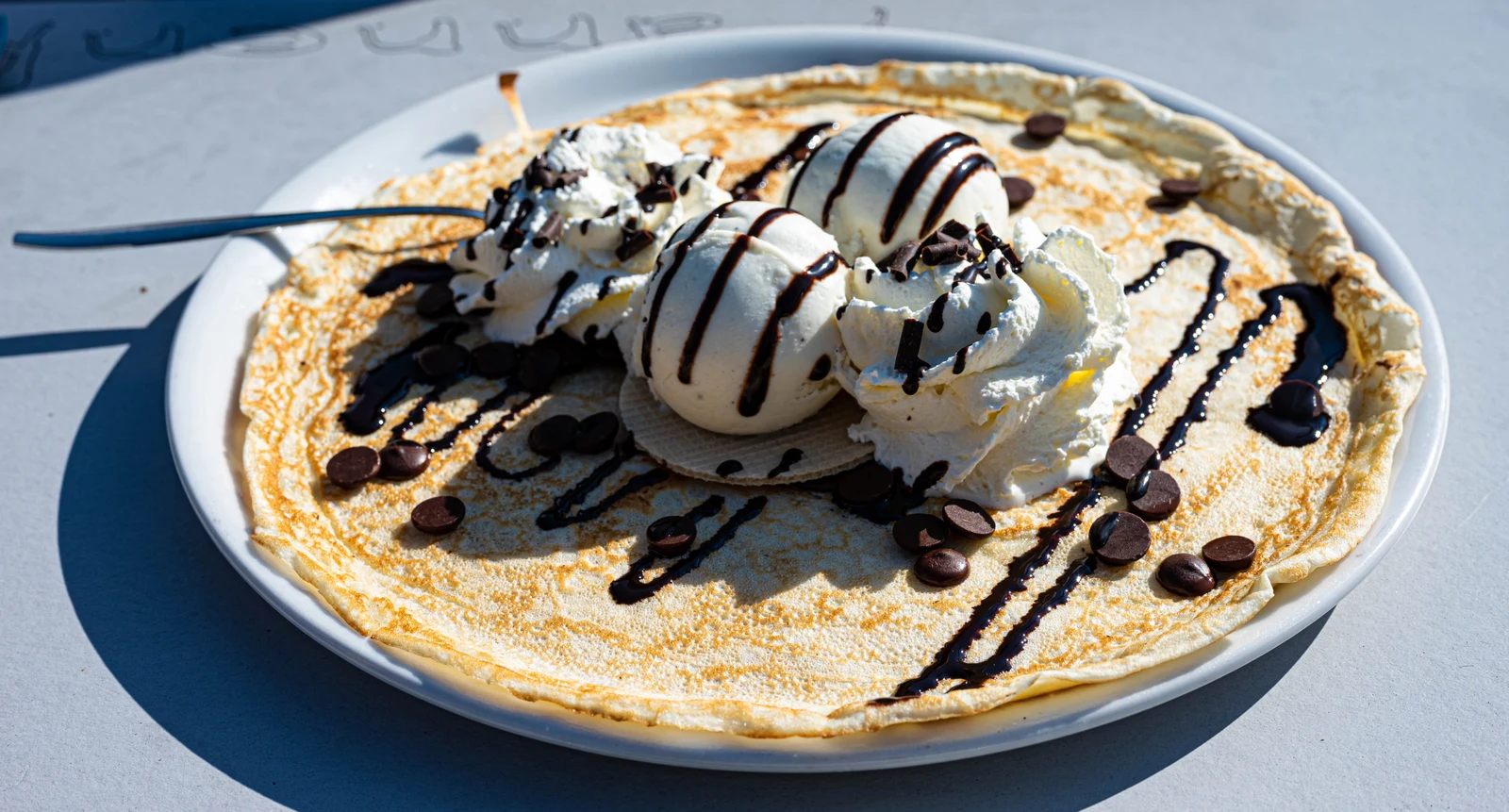
Groceries and eating out
Tap water in the Netherlands is generally safe to drink.
In the Netherlands, bakeries and butchers open sometime between 7am and 8am and stay open all day until around 6pm. The supermarkets are open every day, all day, and often into the evening until around 9pm, as well as on Sundays. Well-known supermarkets include Albert Heijn, Jumbo, Plus and Coop, but in the Netherlands you will also find Lidl and Aldi. Prices are about the same as in Ireland. Many supermarkets don't sell cigarettes anymore.
If you eat out at the campsite, you often have a choice of restaurant, take away or pizzeria. If you go out to a restaurant the kids will love the pancake restaurants, which can be found in many places, especially around tourist attractions, like themeparks or national parks, or in tourist towns. They usually close early, around 8pm. Eating out is cheaper than in Ireland. You can have a simple 3-course menu for around € 30. It is common to give a tip to the waiter.
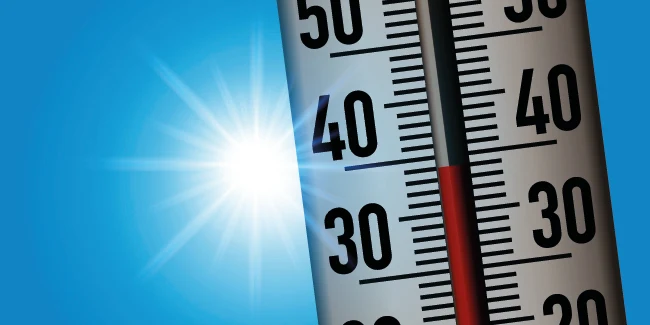
Weather in the Netherlands
The Netherlands enjoys a moderate maritime (or oceanic) climate. This type of climate generally features mild winters and cool summers. Precipitation, such as rain, is common throughout the year, which means there is no dry season.
Generally, Dutch summers are warm, but not too hot.
Within the Netherlands, a distinction can be made between regional climates:
On average, the northern provinces endure lower temperatures compared to the southern provinces. In summer, the southern provinces enjoy a warmer climate. Generally, the east of Brabant and the very north of Limburg are the warmest around this time of year.
In the autumn and winter months, the coastal provinces in the south-west, west and north-east have a milder climate than the east and the north-east of the Netherlands.
Generally, the coastal provinces also enjoy more hours of sunlight than the rest of the country. However, right after the summer and during the autumn, the coastal provinces experience the heaviest rain showers. These heavy rain showers are activated by the warm sea water.
In addition to well-known weather apps like Accuweather, buienradar and weeronline provides extensive weather information (in Dutch). Not too confident in your Dutch language skills? Don't worry, there are plenty of well-regarded international apps that will be able to provide you with accurate updates about the Dutch weather,
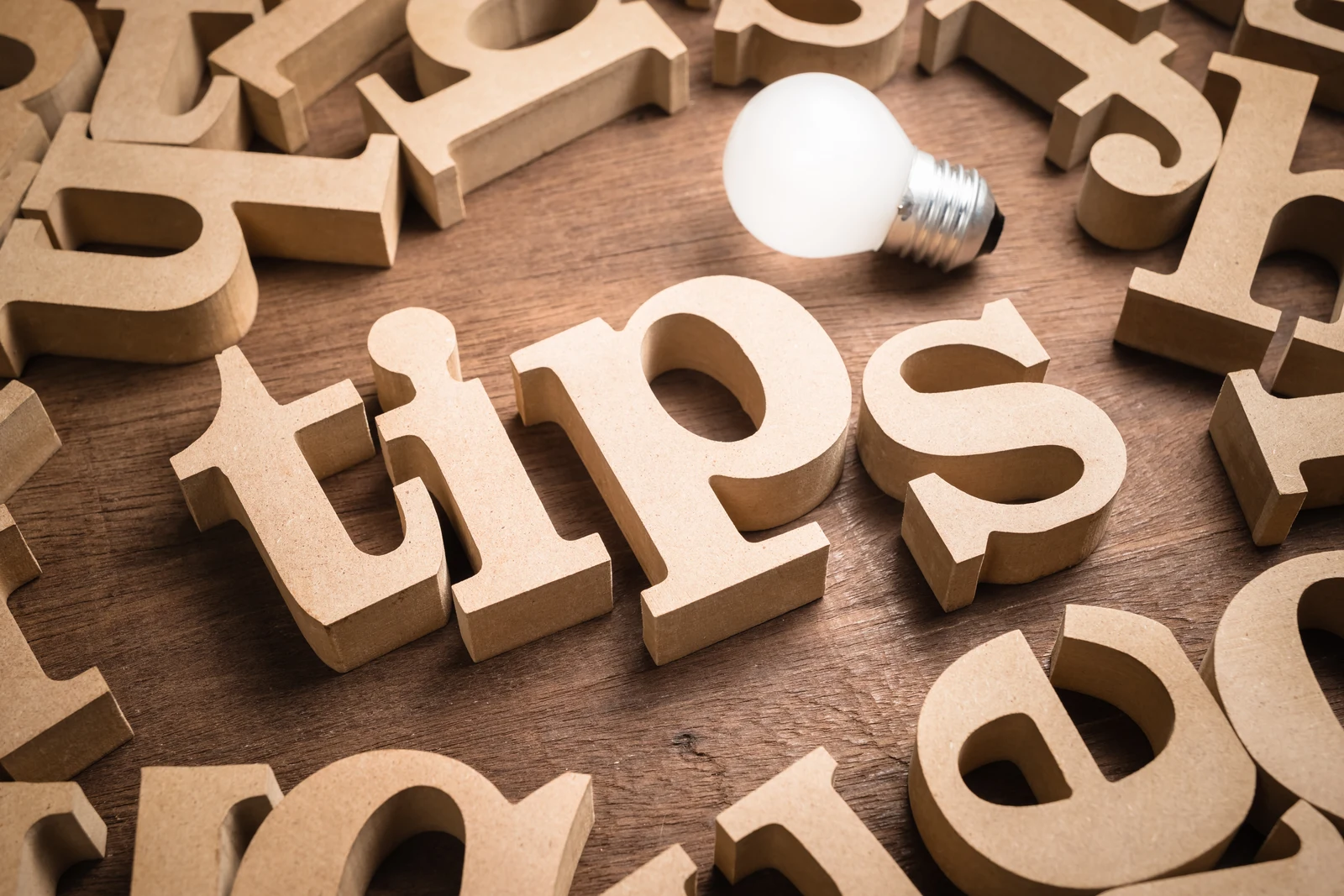
Good to know
- Make sure you have a valid passport or ID card. You can travel to all countries in our range with an ID card. Check in advance how long your travel document needs to be valid. This can be done through updates - Department of Foreign Affairs (dfa.ie) or Passports (citizensinformation.ie) Some campsites ask for (a copy of) your ID so good to bring a copy.
- Sockets in your accommodation may not be the same in the Netherlands as in Ireland.
In the Netherlands, there are two associated plug types, types C and F. Plug type C is the plug that has two round pins and plug type F is the plug that has two round pins with two earth clips on the side. The Netherlands operates on a 230V supply voltage and 50Hz. It may be handy to bring 2 pin, domestic Euro conversion plug. - Important public holidays in the Netherlands in 2023:
Good Friday | Goede Vrijdag | 7 Apr |
Easter Monday | Tweede paasdag | 10 Apr |
King's day | Koningsdag | 27 Apr |
Liberation day | Bevrijdingsdag | 5 Mei |
Ascension Day | Hemelvaartsdag | 18 May |
Whit Monday | Tweede Pinksterdag | 29 May |
- The Netherlands is a dog-friendly country. For your dog or cat, you need an EU pet passport, available from the vet. Dogs and cats must be vaccinated against rabies at least 21 days before travel. The mandatory chip must have been inserted before the rabies vaccination (may be on the same day). More information can be found here. Because this vaccination may only be given from 12 weeks, puppies or kittens younger than 15 weeks may not be taken to the Netherlands.
- The Netherlands is 1 hour ahead of the center of Ireland. We are using the Europe/Dublin and Europe/Madrid time zones.
- Are you traveling alone with a minor child, for example, because you are divorced? Or are you bringing your child's boyfriend or girlfriend? Then you must be able to prove that you have permission from the parent(s). This can be done with a declaration of consent.
- Put a contact's phone number as a Case of Emergency (ICE) number in your phone.
Tip: photograph your passport/ID, insurance card, bank card, emergency numbers, and other important items before departure. Mail or app them to yourself or other travel companions, so you still have important data at hand in the event of loss or theft.
10 Tourist attractions across the Netherlands
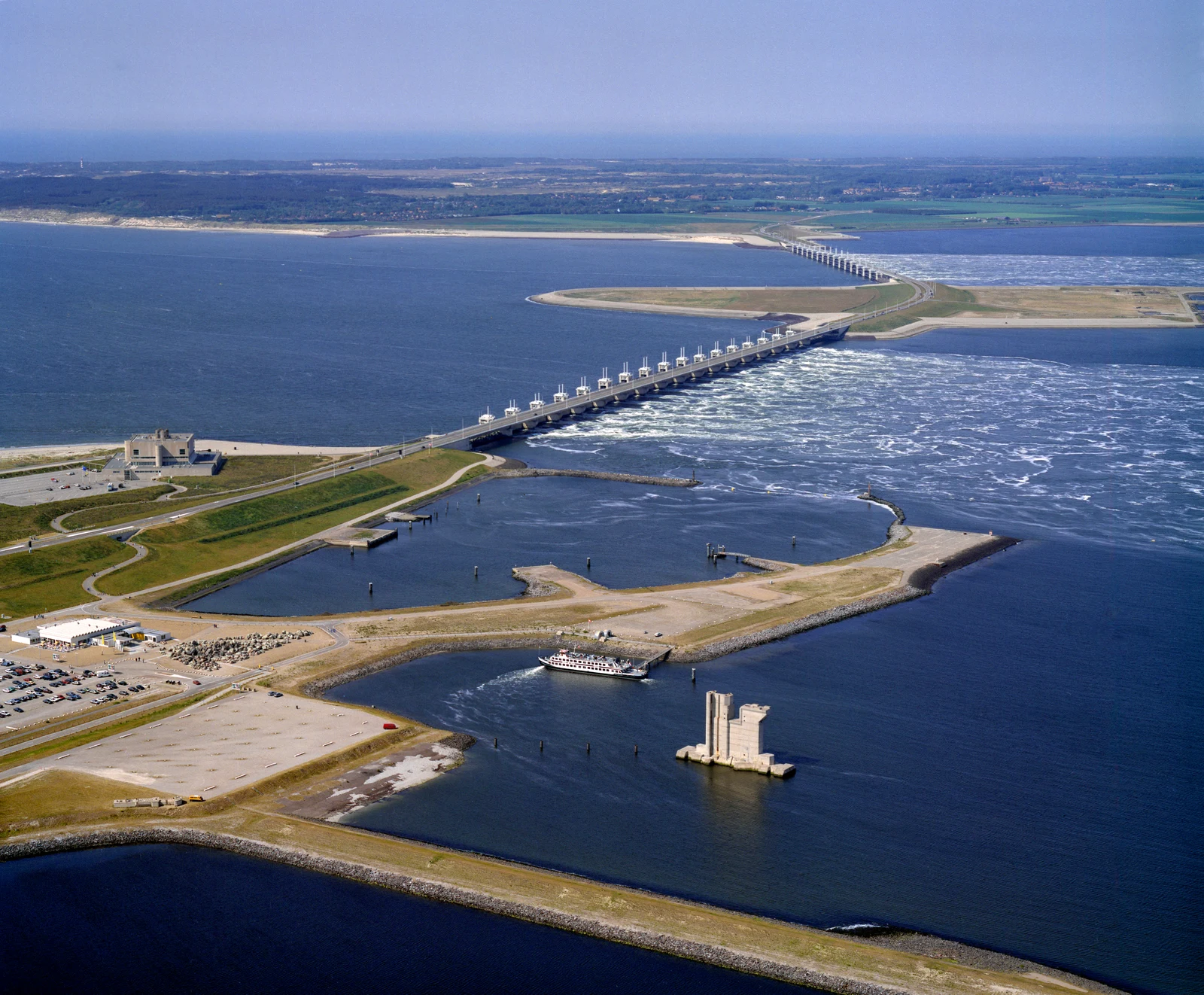
Neeltje Jans
Part of the Eastern Scheldt storm surge barrier. After the completion of the Delta Works, an information and amusement park was opened at Neeltje Jans. The information centre features an exhibition on the Delta Works.
Deltapark Neeltje Jans
Faelweg 5
4354 RB Vrouwenpolder
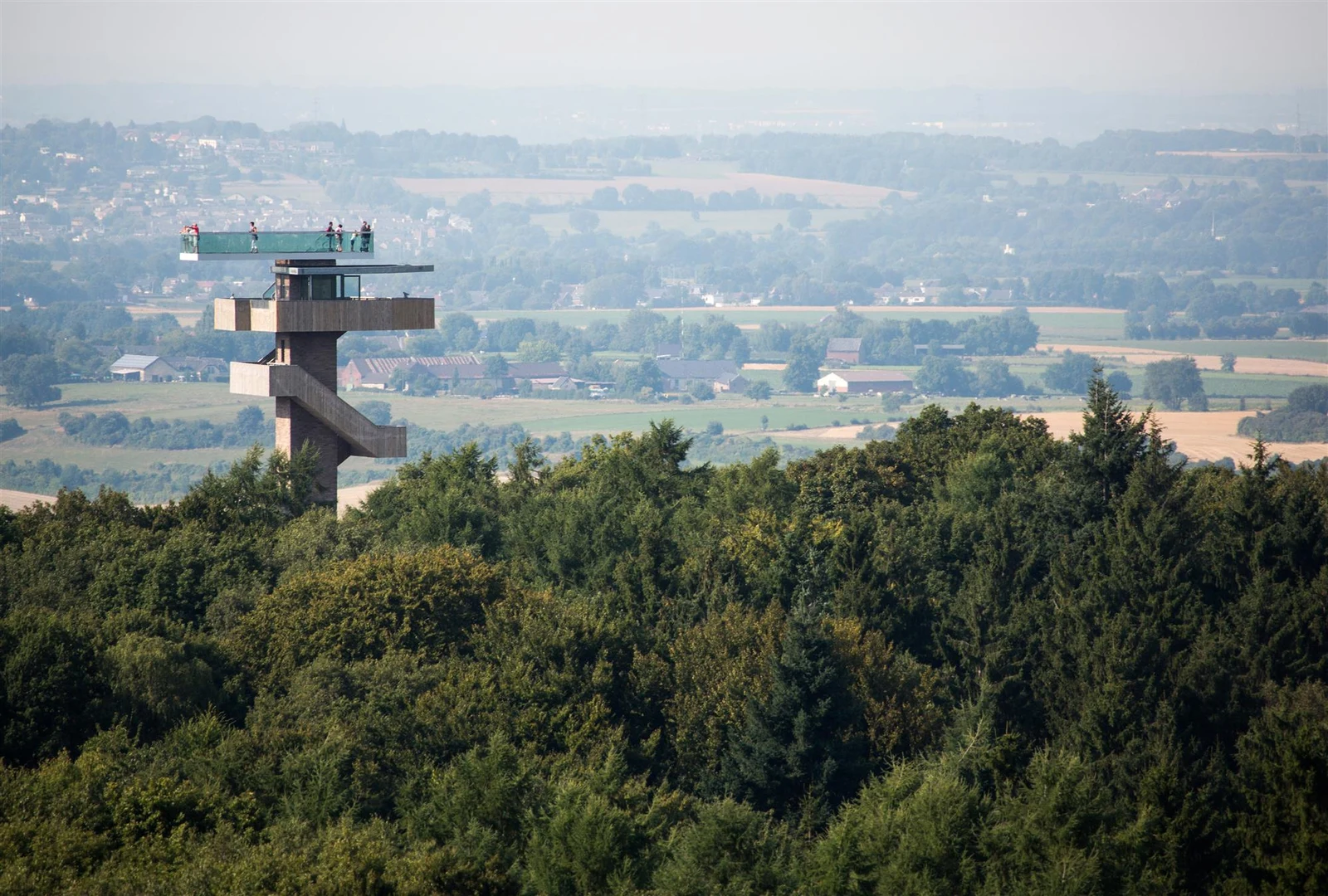
Drielandenpunt (border triangle) & Vaals
At 322.5 metres, Vaalserberg is the highest point in the Netherlands. Close to the highest point is also the border triangle, the Drielandenpunt, where the Netherlands, Belgium and Germany border each other.
Drielandenpunt
Viergrenzenweg 97
6291 BM Vaals
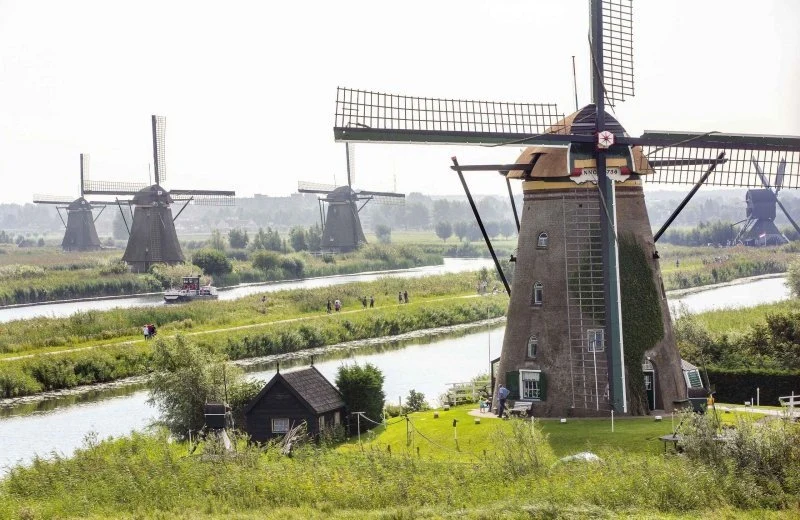
Kinderdijk
The windmills at Kinderdijk are a group of 19 monumental windmills in the Alblasserwaard polder. Built in 1738 and 1740, to keep water out of the polder, it is the largest concentration of old windmills in the Netherlands and one of the best-known Dutch tourist sites.
Kinderdijk
Nederwaard 1b
2961 AS Kinderdijk
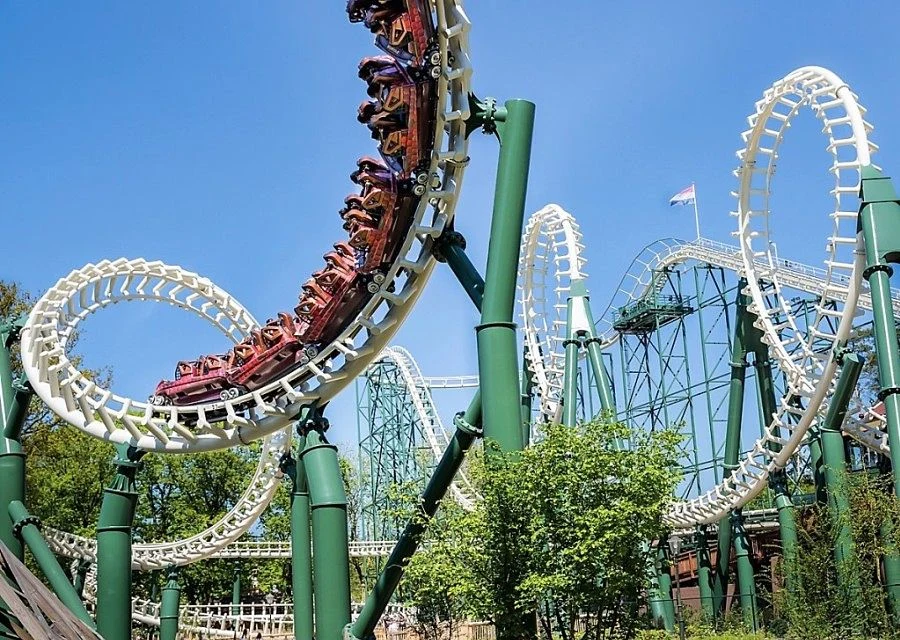
Efteling
Efteling is a fantasy-themed amusement park. It is the largest theme park in the Netherlands and one of the oldest in the world, and the most visited in Europe. The attractions reflect elements from myths and legends, fairy tails, fables and folkore. The park has 36 attractions, of which 6 roller coasters and 4 water rides.
Efteling Park/Theatre
Europalaan 1
5171 KW Kaatsheuvel
Netherlands
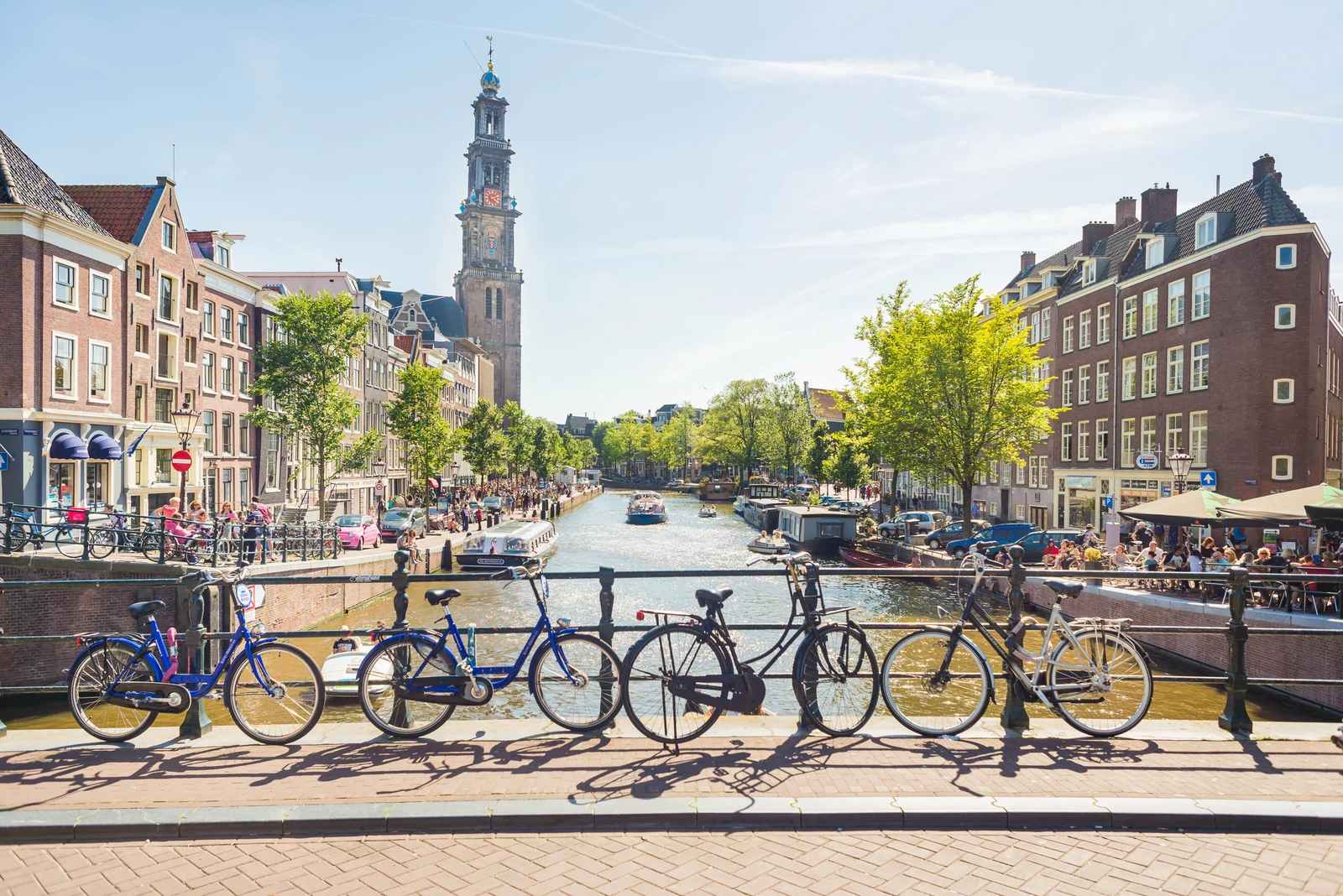
Amsterdam
Amsterdam, the Dutch capital, is known for its artistic heritage, extensive canal network and narrow gabled houses, a legacy from the Golden Age. The Museum Quarter is home to the Van Gogh Museum, the Rijksmuseum with works by Rembrandt and Vermeer, and the Stedelijk Museum with modern art. Cycling is inseparable from the city's character and there are many cycle paths.
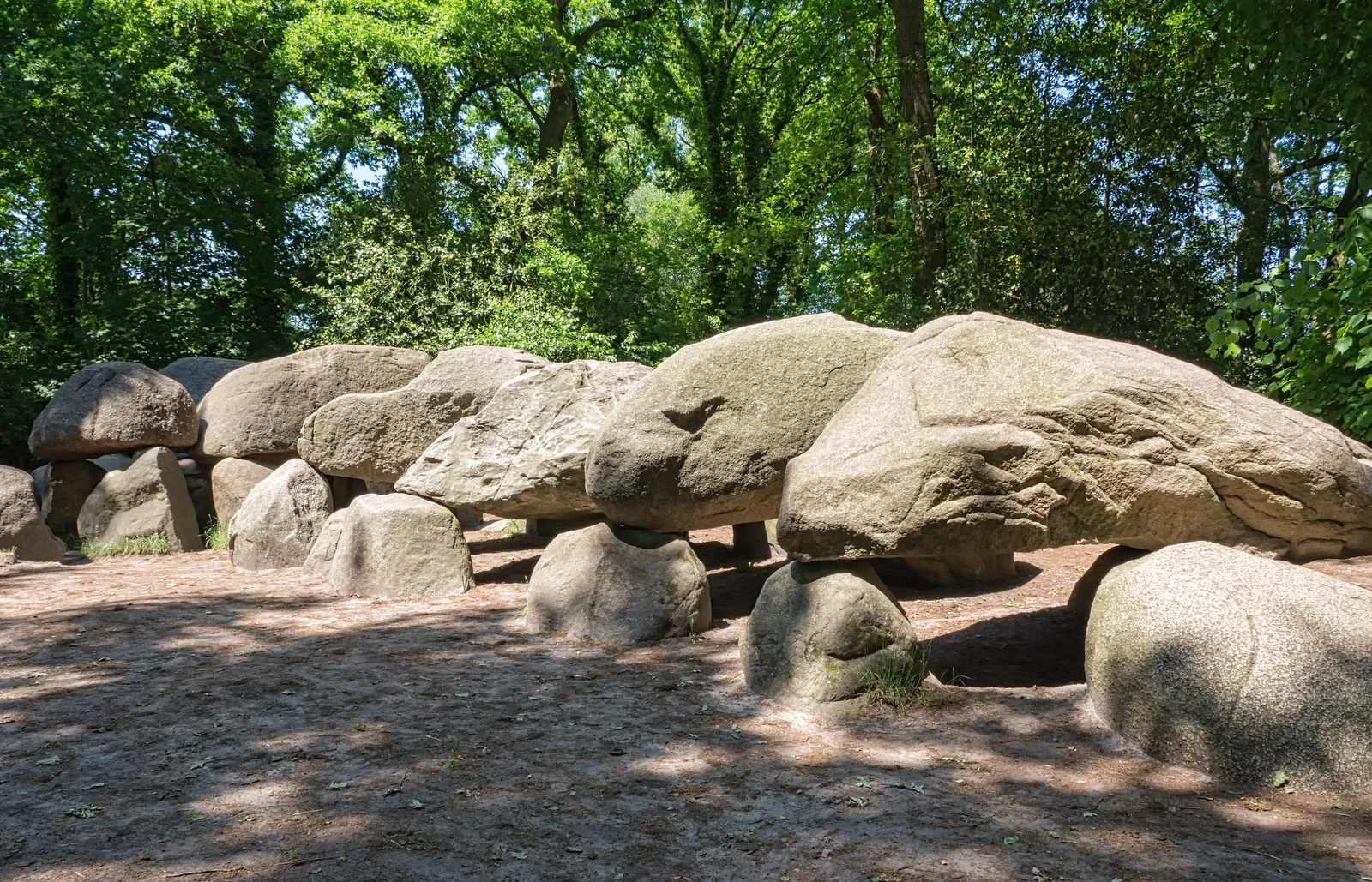
Go see the dolmens
Drenthe has been declared the primal province of the Netherlands. To discover this primeval world, a visit to the Hunebedcentrum is a must. The Hunebedcentrum organises all kinds of fun activities for young and old.
Hunebedcentrum
Hunebedstraat 27
9531 JV Borger
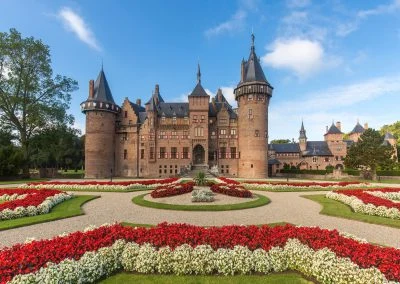
Kasteel de Haar
De Haar is the largest castle in the Netherlands. Like a real fairy-tale castle, it rises majestically from parkland with impressive trees, old gardens, and ponds. The castle is situated in the center of The Netherlands, near Utrecht, and is easy to reach by car.
Kasteel de Haar
Kasteellaan 1
3455 RR Haarzuilens
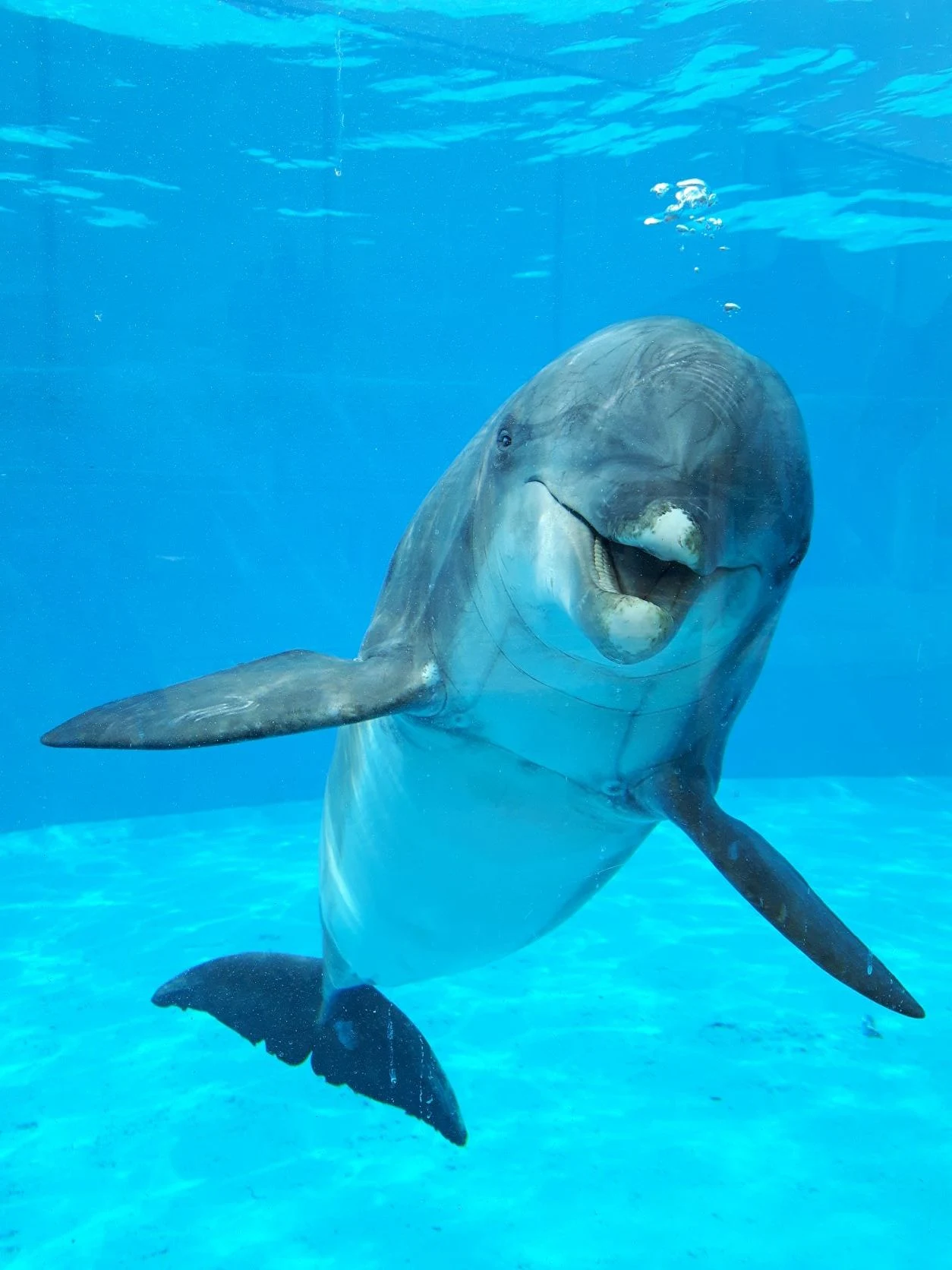
Dolfinarium
The Dolfinarium is Europe's largest marine mammal park. Discover the wonderful water world up close; a fun-filled day out guaranteed!
Dolfinarium
ZuiderzeeBoulevard 22
3841 WB Harderwijk
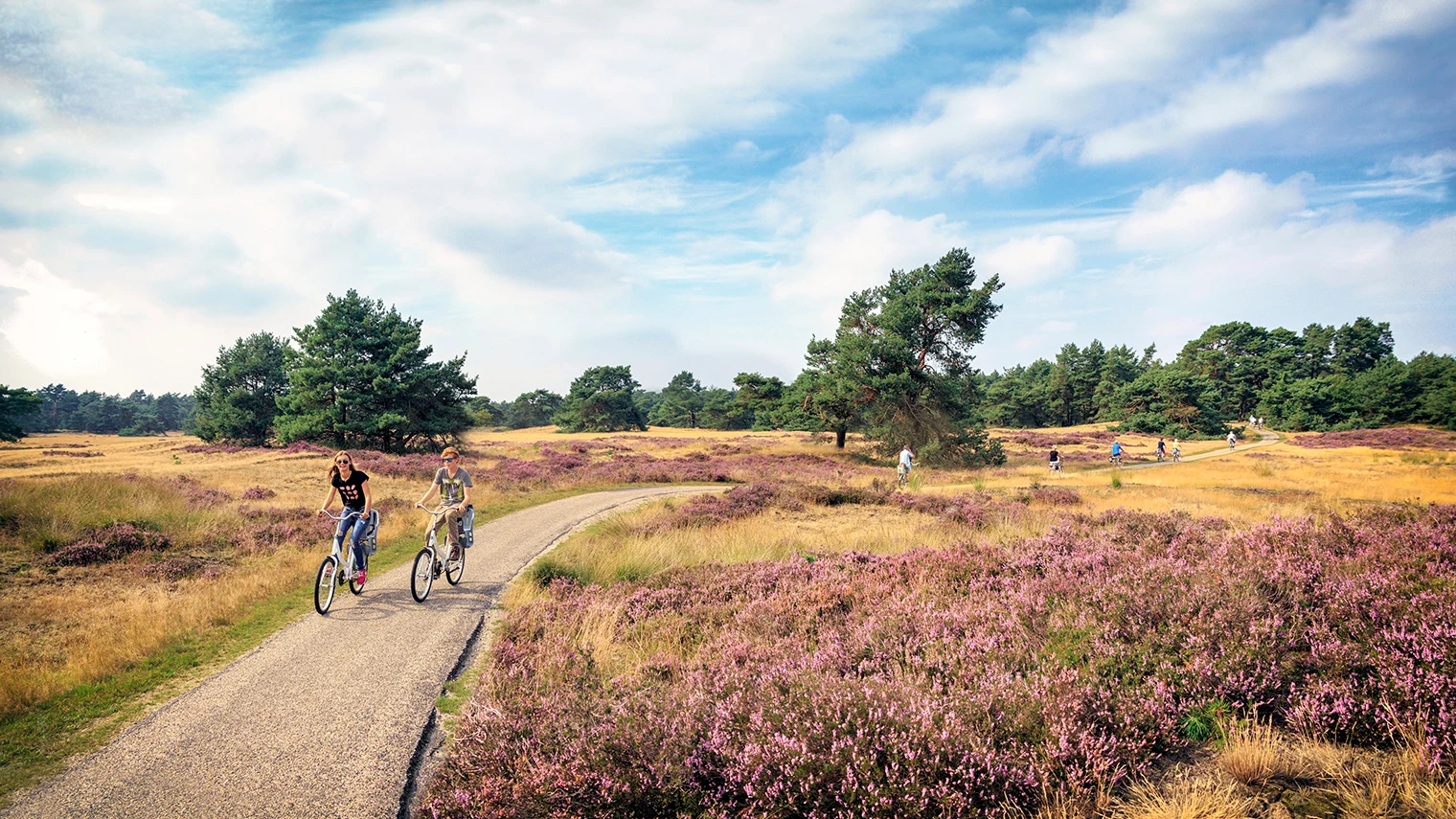
Hoge Veluwe
Eye-catching nature and encounters with wildlife: National Park De Hoge Veluwe is a national park with woods, heathland and sand drifts, as well as cultural-historical elements, special architecture such as the Berlage-designed hunting lodge, and sculptural art in and around the Kröller-Müller Museum. Explore the park with the free white bikes. An entrance fee is charged to visit this national park.
Otterlo entrance
Houtkampweg 9
6731 AV Otterlo
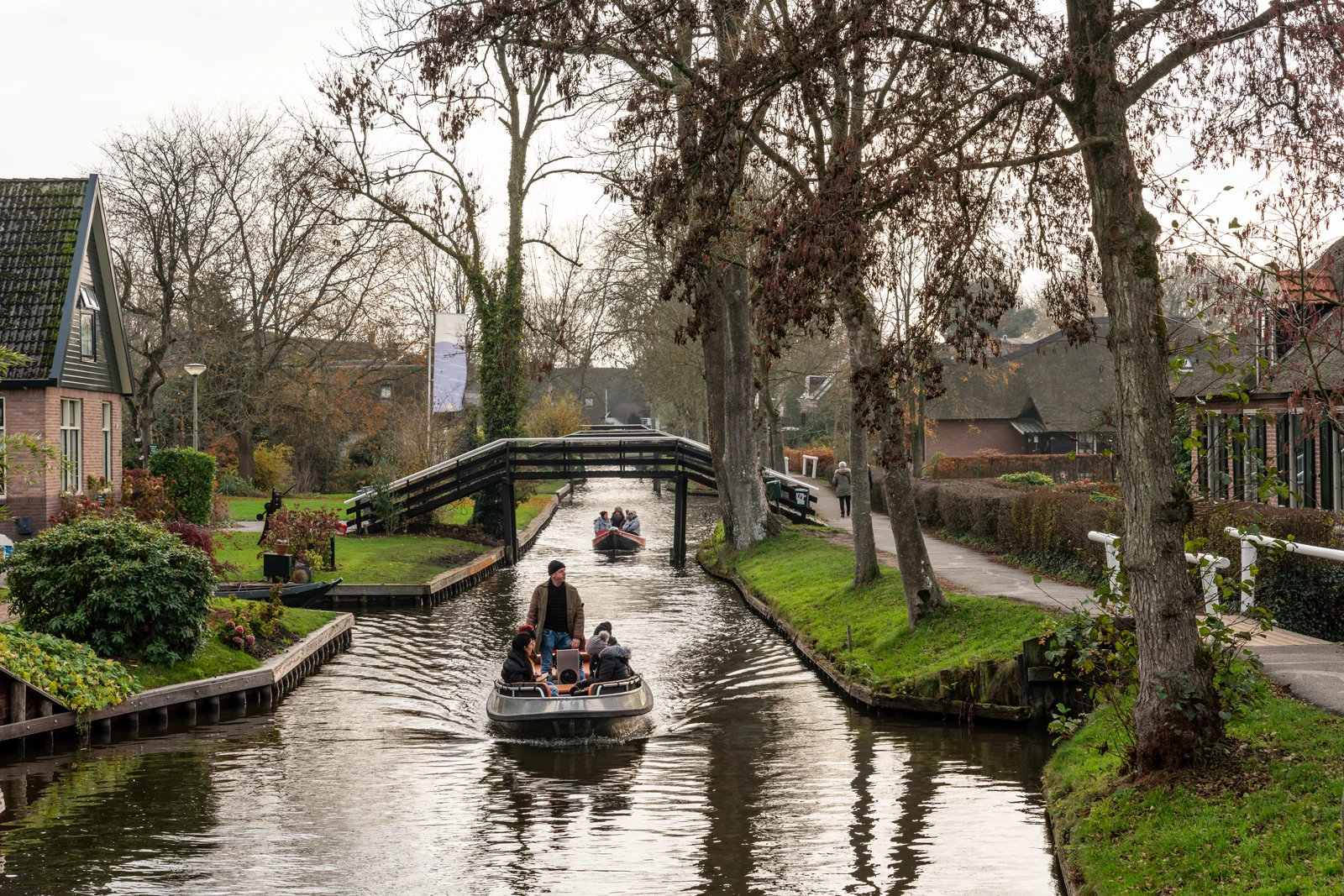
Giethoorn
Giethoorn, the most beautiful and fairytale-like village from the Netherlands. The Dutch village where residents can only sail around, walk or cycle to get around. Every year, 1 million people visit our very own Dutch Venice.
Eendrachtsplein 4
8355DL Giethoorn
